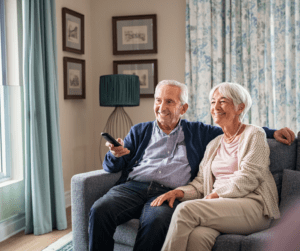Am I Really a Caregiver?
Most people don’t identify themselves as a caregiver. Rather, they think of themselves as a daughter, a son, a parent, a spouse, a grandparent, or a grandchild. The things you do for others and the responsibilities that you shoulder are done out of love and with love. This is definitely how I saw myself until a family medical crisis thrust me into a more formal role with an official name – “Family Caregiver”.



